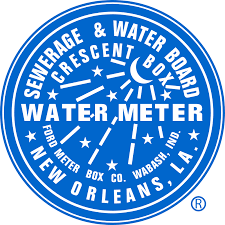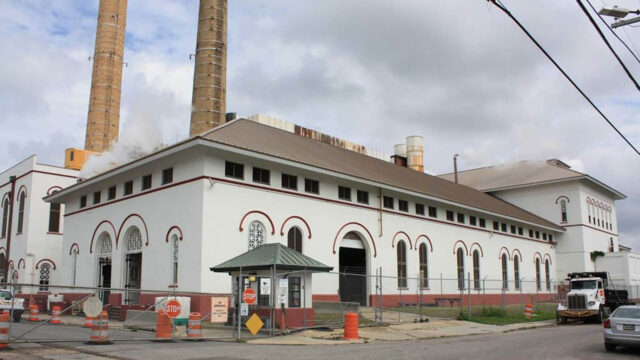
The purpose of this letter is to promote efficiency and effectiveness specific to the Sewerage & Water Board’s (S&WB) billing process for residential customers. The OIG found that S&WB did not accurately calculate the Sewer Volume Charge for many residential customers, resulting in overcharges on their monthly bills. The OIG recommended S&WB make immediate corrective actions, including determining the cause of the miscalculation and crediting all customer accounts impacted by the error. The OIG also recommended S&WB should conduct routine internal audits to verify customers receive accurate bills.
“The S&WB recently reported that customer accounts delinquent more than 30 days totaled approximately $109 million. In order for S&WB to collect delinquent accounts efficiently and effectively, it must first ensure that customers are billed the correct amounts for their monthly usage.”
Edward Michel, Inspector General






